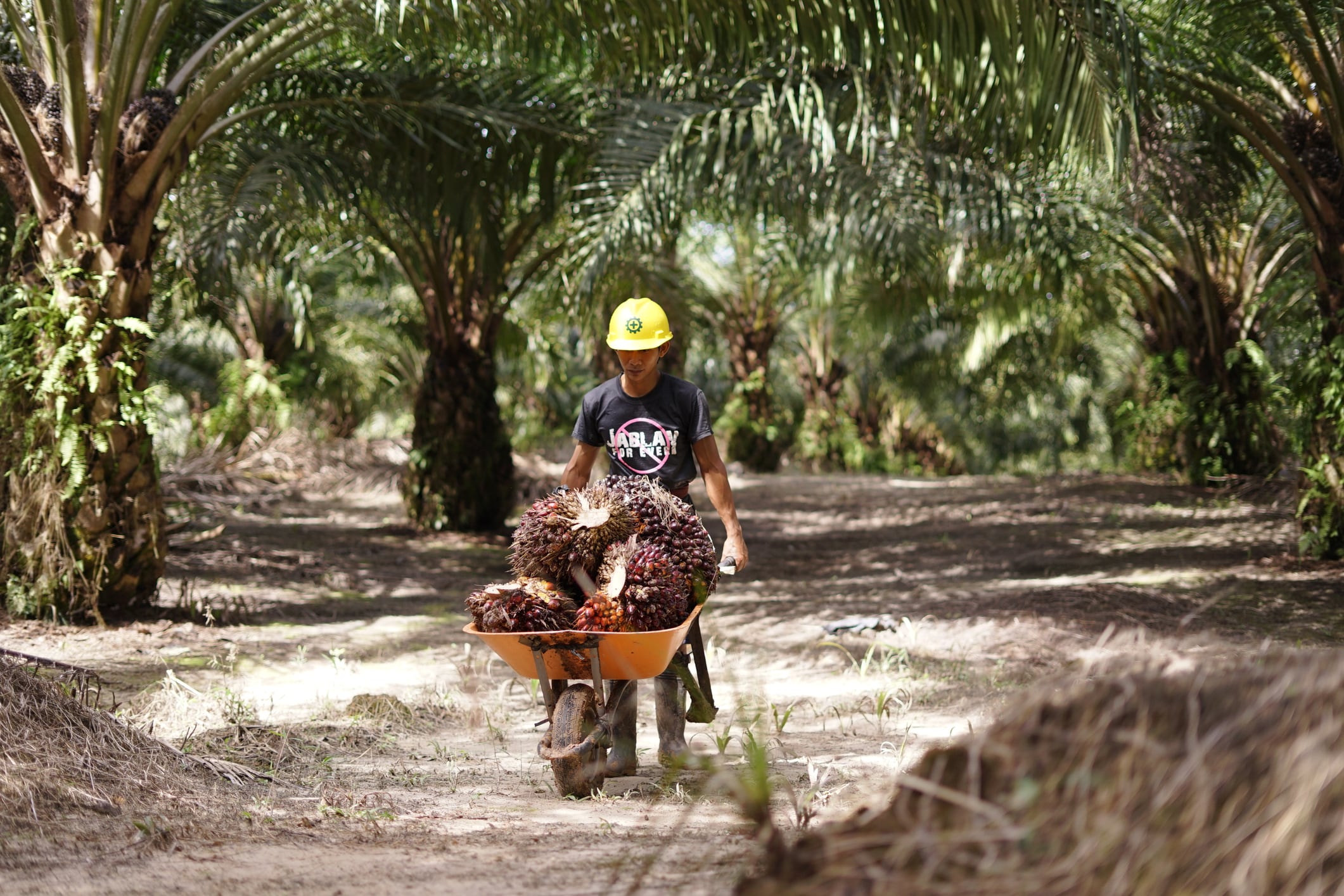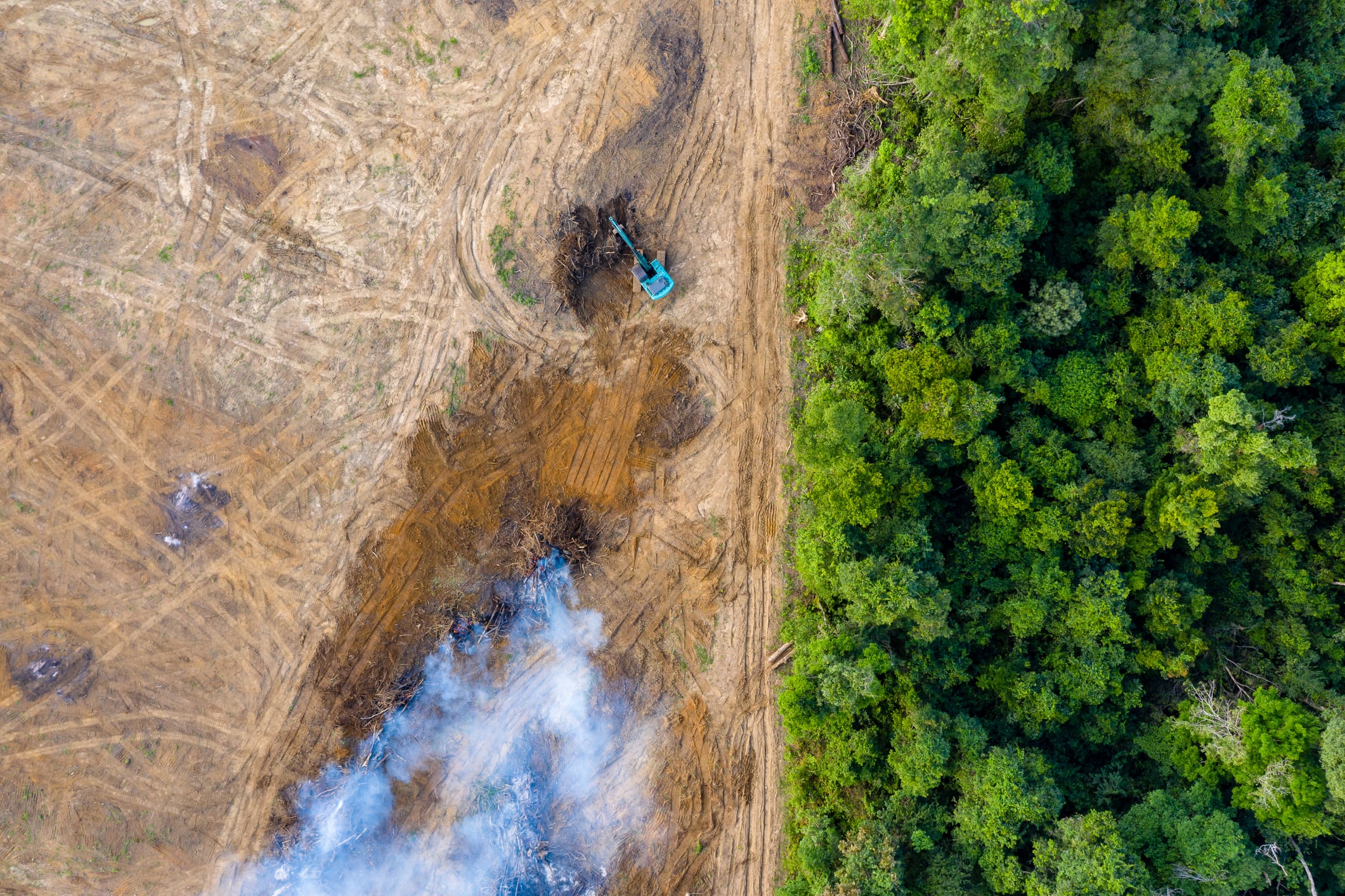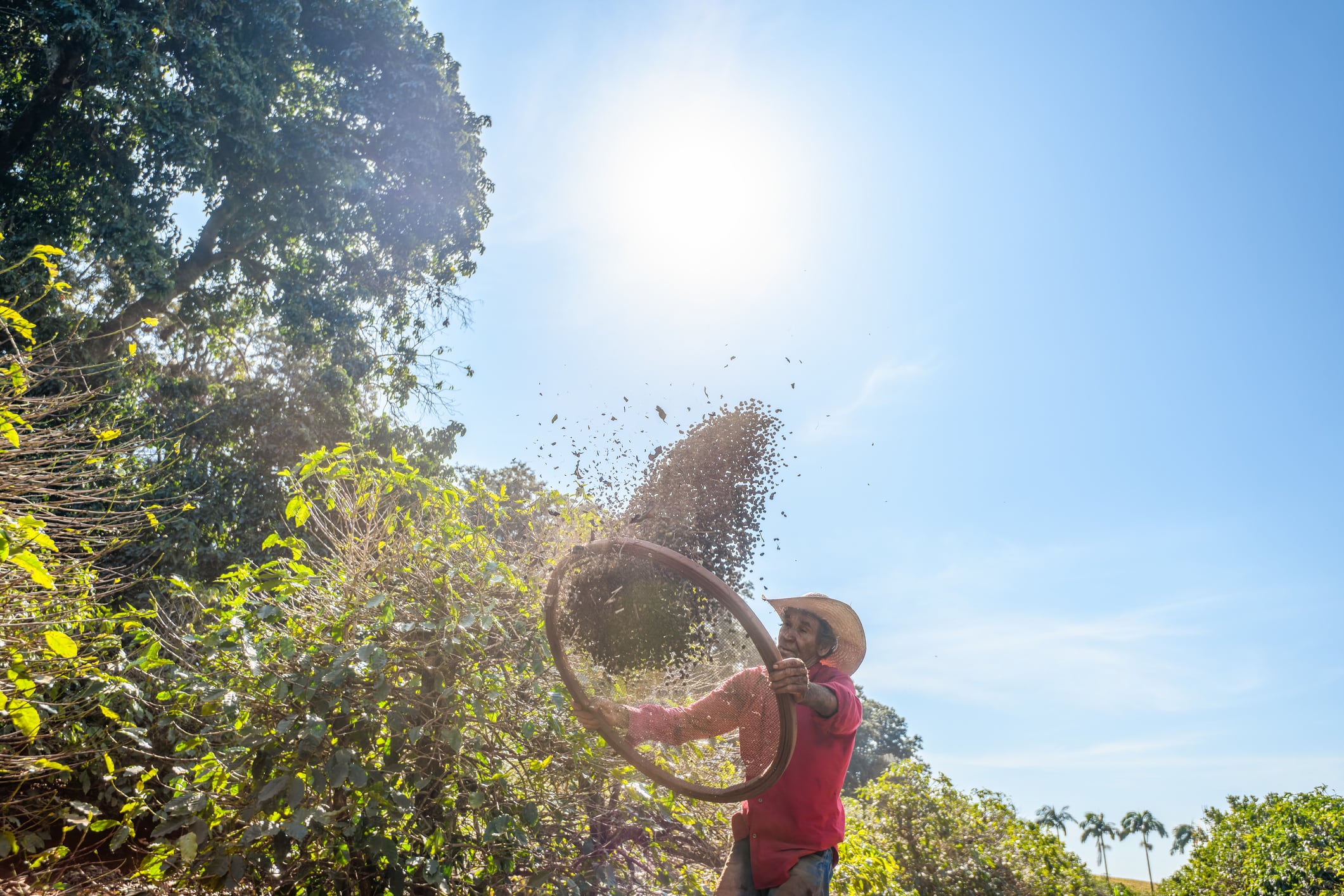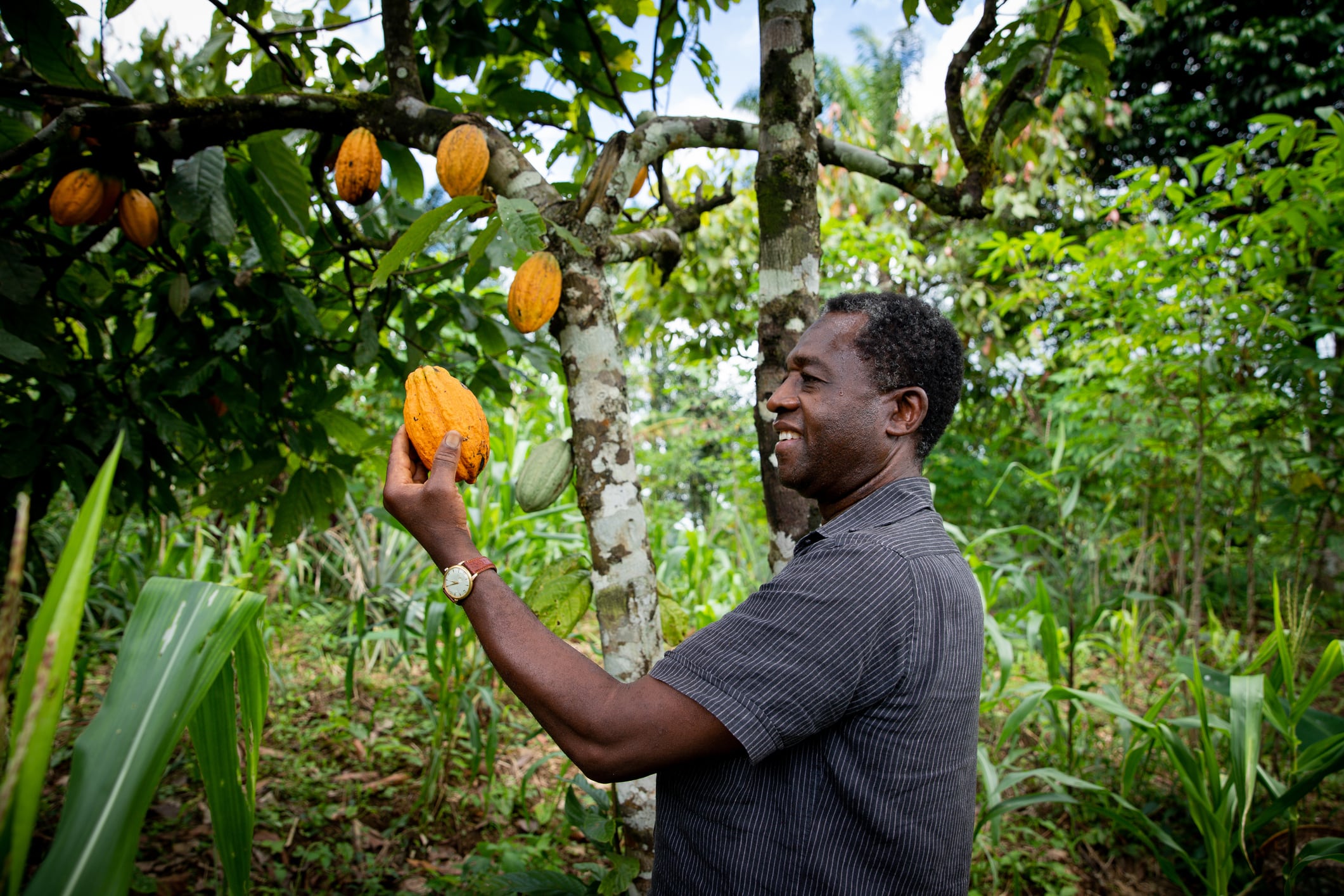Palm oil traceability: A summary
- Palm oil traceability is made difficult by complex supply chains, much as with cocoa and coffee
- The diversity of goods in which palm oil is used adds to this complexity
- Supply chains are also dynamic and constantly changing, and smallholders are difficult to access
- The crop is harvested all-year round rather than annually
- The palm oil sector is largely prepared for the EUDR, but downstream firms often have low visibility
Palm oil is one of the most versatile ingredients in food, found in a diverse range of products from chocolate to pizza dough to instant noodles.
But it’s also a deforestation-linked commodity, and is one of the seven commodities covered by the upcoming European Union Deforestation Regulation (EUDR). Therefore, it must be traced back to its source.
What are the key difficulties and complexities around such traceability?
Complexity of supply chain
Much as with cocoa and coffee, palm oil has a highly complex supply chain, which is where many of its biggest traceability challenges stem from.
This poses a particular challenge for companies operating downstream, further removed from the actual cultivation process.
“For downstream companies, the first challenge is navigating the many layers of suppliers before reaching an actual refinery or mill,“ explains Priscilla Moulin, senior advisor at Indonesian NGO Earthqualizer.
“Some buy through traders or manufacturers, which further adds complexity. Independent mills are another challenge: they often do not own plantations and instead source entirely from external smallholders through multiple middlemen.”
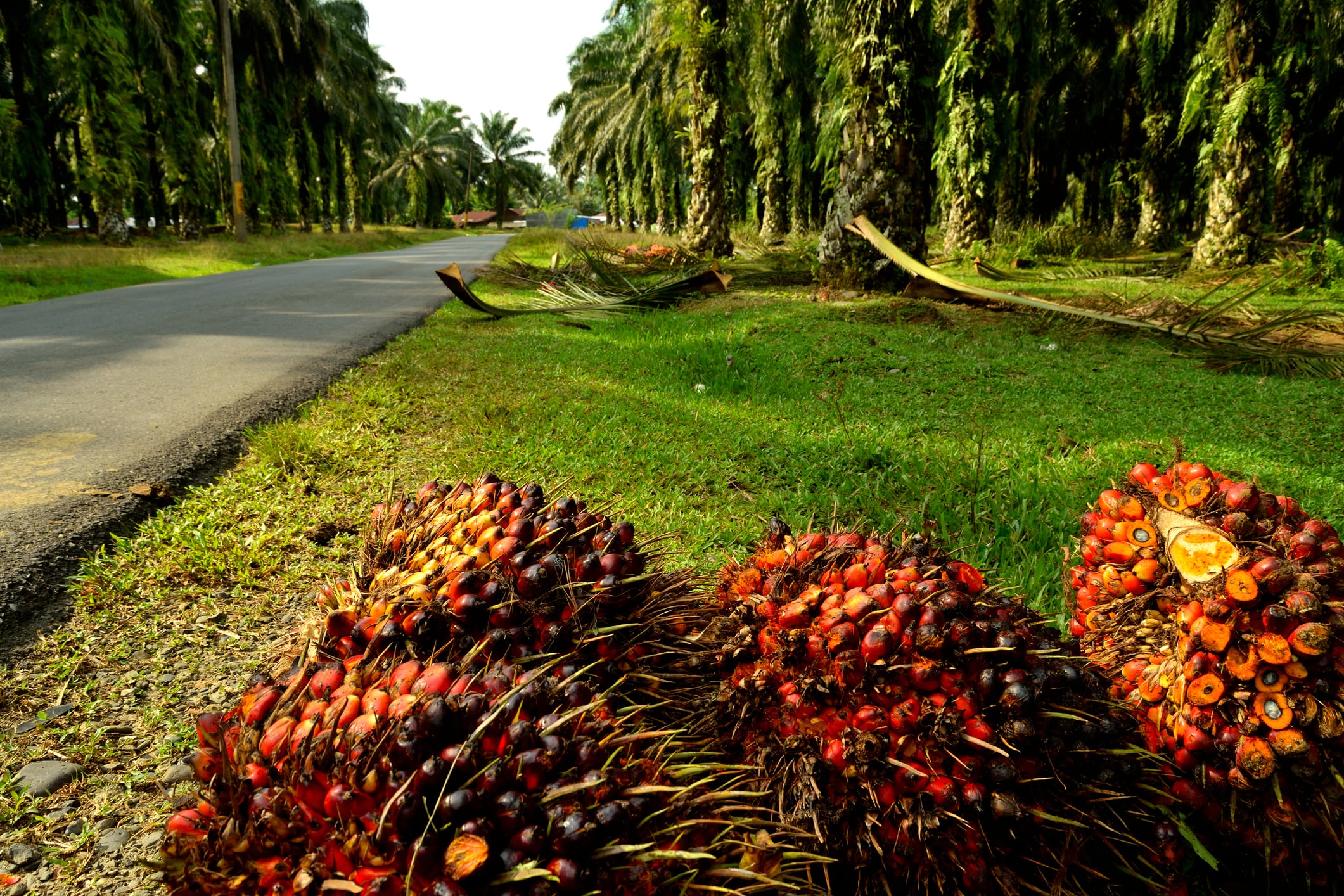
Unless companies opt for segregated or identity preserved supply chains, it is difficult for them to really know which fresh fruit bunches end up in which shipment.
Palm oil, unlike cocoa and coffee with only one main use, has a wide variety of applications. This versatility makes the supply chain even more complex.
“Palm oil is highly versatile due to its long carbon chain, allowing it to be transformed and fractionated many times over throughout the supply chain across many actors,” explains Angéline Camus, government affairs manager at the Roundtable on Sustainable Palm Oil (RSPO), a certification body.
Because it is a liquid commodity, full supply chain segregation is sometimes needed to maintain traceability.
Dynamic supply chains
As well as being complex, the supply chains are highly dynamic, explains Moulin. Because smallholders tend to sell to whichever mill offers them the best price, sourcing patterns often change very quickly.
This means that once a traceability exercise has been conducted, it may very soon be out of date.
“Traceability challenges are further amplified in smallholder dense regions such as Sumatra, where hundreds of mills operate alongside countless dealers and smallholders, creating highly fluid and dynamic sourcing networks.”
Furthermore, palm oil is often stored for weeks or months, and by the time it leaves a facility, its original sourcing mix might have changed.
“In other words, ‘real-time traceability’ is not currently realistic.”
Accessing smallholders
Smallholder farmers make up a significant part of the palm oil supply chain. Globally, there are around 7,000,000 smallholder farmers supplying 2,200 mills. This means there are sometimes thousands of smallholders per mill.
But they are difficult to access. “Often, smallholder farms are located in rural areas with limited access to major road or delivery equipment to reach the mill,” explains RSPO’s Camus.
Informal intermediaries often collect the fruit, mixing it up in one batch and delivering to the mills. While they provide farmers with market access, the mixing can also affect traceability.
Because of these difficulties, some have even considered removing smallholders from the scope of the EUDR.
Continual harvesting
Unlike coffee and cocoa, which are harvested once and twice a year respectively, palm oil is continually harvested. This ranges from every two weeks in lower-yield bunches to every seven days in commercial estates with a higher yield.
“Continual harvesting makes traceability difficult because palm fruit bunches ripen year-round and must be processed within 24–48 hours, to maintain oil quality," explains Moulin.
“This creates a constant inflow of fruit from different plantations and smallholders, often mixed together in the same deliveries. Unlike seasonal crops, there is no natural break in the supply chain to separate or easily track batches (not so easy record keeping), so tracing a particular shipment of palm oil back to its exact plantation of origin becomes far more complex.”
How prepared is the palm oil sector for the EUDR?
Palm oil is one of the best prepared of all the EUDR-relevant commodities. Even before the EUDR was extended last year, the sector was in good shape.
“Most refineries and traders in the palm oil sector are relatively well prepared. Palm oil has been under global scrutiny for more than a decade, and transparency efforts have accelerated since the adoption of NDPE (No Deforestation, No Peat, No Exploitation) policies and the establishment of the RSPO‚" explains Earthqualizer’s Moulin.
However, there are some exceptions. Downstream companies in Europe do not share the preparedness of the sector as a whole. According to Moulin, they have up until now relied on traders and refiners for information and lack visibility in their supply chains. As a result, most are “reacting” rather than being proactive.
“Many companies have bet on the EUDR being delayed (again) or taken fully off the table.”
The combination of private sector commitments, extensive satellite data offerings and good organisation amongst NGOs has made the sector more prepared than most, adds the RSPO’s Camus.
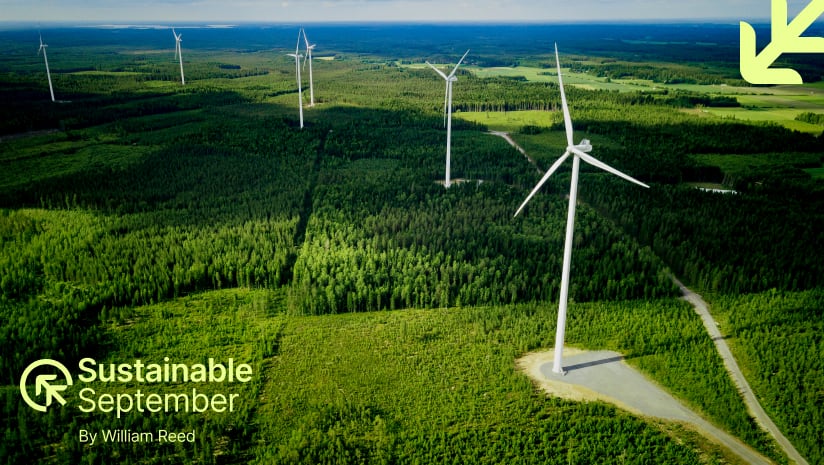
We want to hear what you think! Take our short, anonymous sustainability survey - and we'll make a donation to Farm Africa
Is the food and drink industry doing enough when it comes to sustainability? Where are the causes for celebration - and what are the challenges and concerns?
We want to know what you think! This short, anonymous poll will take just a couple of minutes to complete: yet your thoughts will help us take a global pulse check of what matters most as we look to shape a more sustainable future for the F&B industry.
And for every survey completed, we'll make a donation to Farm Africa: a charity that reduces poverty in eastern Africa by helping farmers grow more, sell more and protect the environment for years to come (up to a maximum amount).


